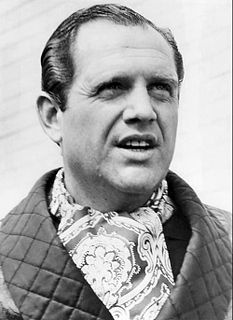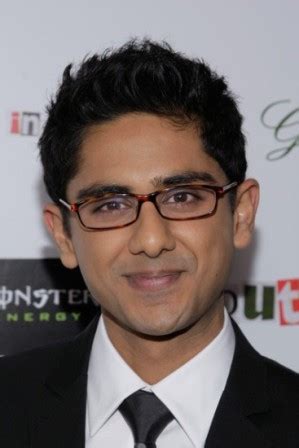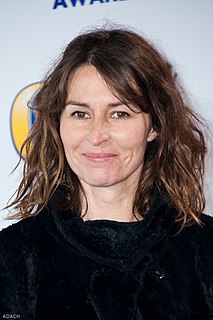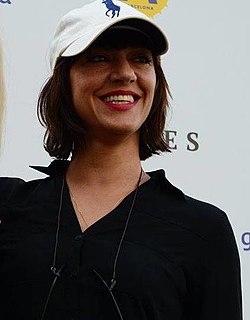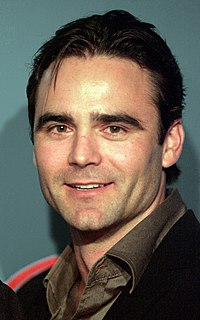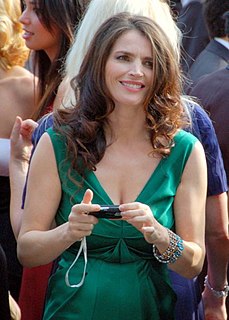A Quote by Asa Butterfield
For me, with any character, there are different ways that you approach understanding him, and in this film in particular, because I had the novel to refer to. It's always really helpful to have all of that information and all of those hundreds more words which give you an idea into the background and your character and all.
Related Quotes
I think that a lot of the time I don't go for something in particular. I see what comes to me, I filter it out. I never really strive to play a particular character or do a particular genre of film. As long as it's a good script and a great range of people and my character is really interesting I can't see any reason not to do it.
The sisters and brothers that you meet give you the materials which your character uses to build itself. It is said that some people are born great, others achieve it, some have it thrust upon them. In truth, the ways in which your character is built have to do with all three of those. Those around you, those you choose, and those who choose you.
There's different ways of getting into character. There's what's called 'the outside,' in which is finding the physicality of the character first. To give an example, in 'Gettin' Square' - Johnny Spitieri - that's how I found that character. I knew those people that I'd seen up at Kings Cross. I knew how they sounded.
It's so different going in the studio and singing your own music and you don't really think about making sure that the message of the song or the idea behind the song comes across to people. Because it's in your head, it's in your heart, whatever, but it's... different when you're playing a character and you're singing as the character. There's just a lot more involved in that, I guess.
If I were writing an article for the newspaper, it would be thesis statement, information, information, supporting arguments. That would be the setup. When I'm making a documentary, the pacing of the film and the way that you sort of switch from character to character - all of those are more about storytelling than straight journalism.
I believe that every character I create is in their own film, that happens to overlap with the main film. There are complete and real characters, even though we only spend only a little time with them. In the approach to what those entities are, that always appeals to an actor. What are they, since they are going to embody this character?
I think there's always pieces of yourself that bleed into your character. That's inevitable. In some ways, we have similarities, but in other ways, we're completely different. It's hard to say because I'm an actor living in a world where we're all pretty privileged, and this guy is fighting for his life. They're very different circumstances. Within those circumstances, there are probably ways that we react to certain situations that are similar.
Becoming the character you are playing might work for some, but for me, it doesn't. I always maintain a gap between myself and my character because if I will go so deep into it, it will get difficult for me to come back. You should work towards understanding the psyche of your character and then play it.
Whatever character you play, whatever film it is, whatever story it is, for me, in my training it's always something that gives you a layered character, it's understanding the secret of that character, and so whatever comes up as "Oh, I thought that person was that," you are always carrying that within you. So actually what you're playing all the way through is both and it's just what comes out in the scene or the circumstance.


